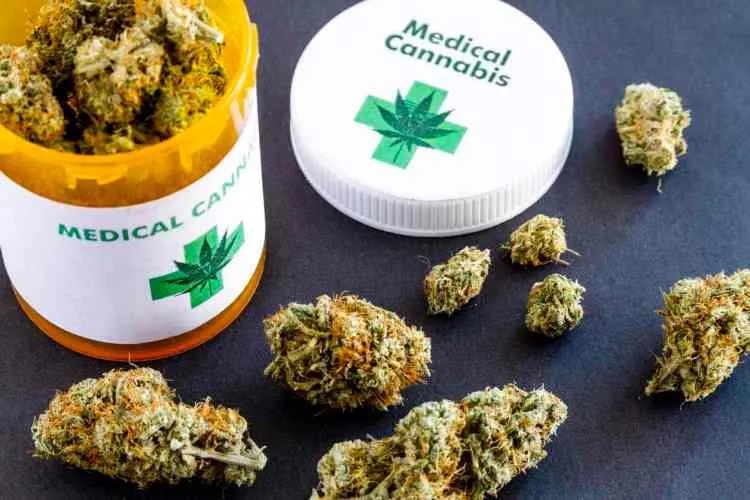Alabama Set to Launch Medical Cannabis Industry, 17 Companies Expected to Receive Licenses
ALABAMA — Alabama is gearing up to launch its medical cannabis industry later this year, with up to 17 companies expected to be granted licenses to cultivate and process cannabis for patients in the state. The Alabama Medical Cannabis Commission has announced that it will issue licenses to companies to grow plants in enclosed facilities with 24/7 video monitoring and high-security.
The program, which permits the use of medical cannabis for more than a dozen conditions, including cancer-related pain, Crohn’s disease, depression, epilepsy, HIV/AIDS-related nausea or weight loss, post-traumatic stress disorder, and conditions causing chronic or intractable pain, will only allow the sale of processed products such as pills, capsules, gelatinous cubes, oils, patches, and other products. No raw plant materials or products for smoking or eating will be permitted.
The commission is currently reviewing 90 applicants for licenses from companies that want to cultivate, transport, process, test, and dispense medical cannabis. Applicants that do not receive a license can appeal that decision to the commission, and if that appeal fails, they can take the matter to court.
The cultivation facilities will be inspected by regulators in the state’s agriculture department at least twice a year, according to the framework, and a state testing lab will test samples at least four times a year for pesticides and other hazards. Cultivators will need a large initial investment and have a small margin for error, such as crop failure. The state requires documentation that proves any leftover or unused plant material was destroyed.
The majority owners of the licensed companies must have lived in Alabama for at least 15 continuous years before the application date. The licenses available include cultivators, processors, dispensaries, secure transporters, and state testing labs. There can be up to 12 cultivation licenses issued, and the law requires that the plants be grown in containers as opposed to in the ground.
The program will require a significant investment and strict adherence to the state’s regulations. Despite the challenges, industry insiders are hopeful that eligible patients in Alabama dispensaries will have access to processed medical cannabis products as early as October or November 2023. However, legal challenges could disrupt the timeline, and municipal authorities must choose to opt into the program before products can be sold in licensed dispensaries.



































